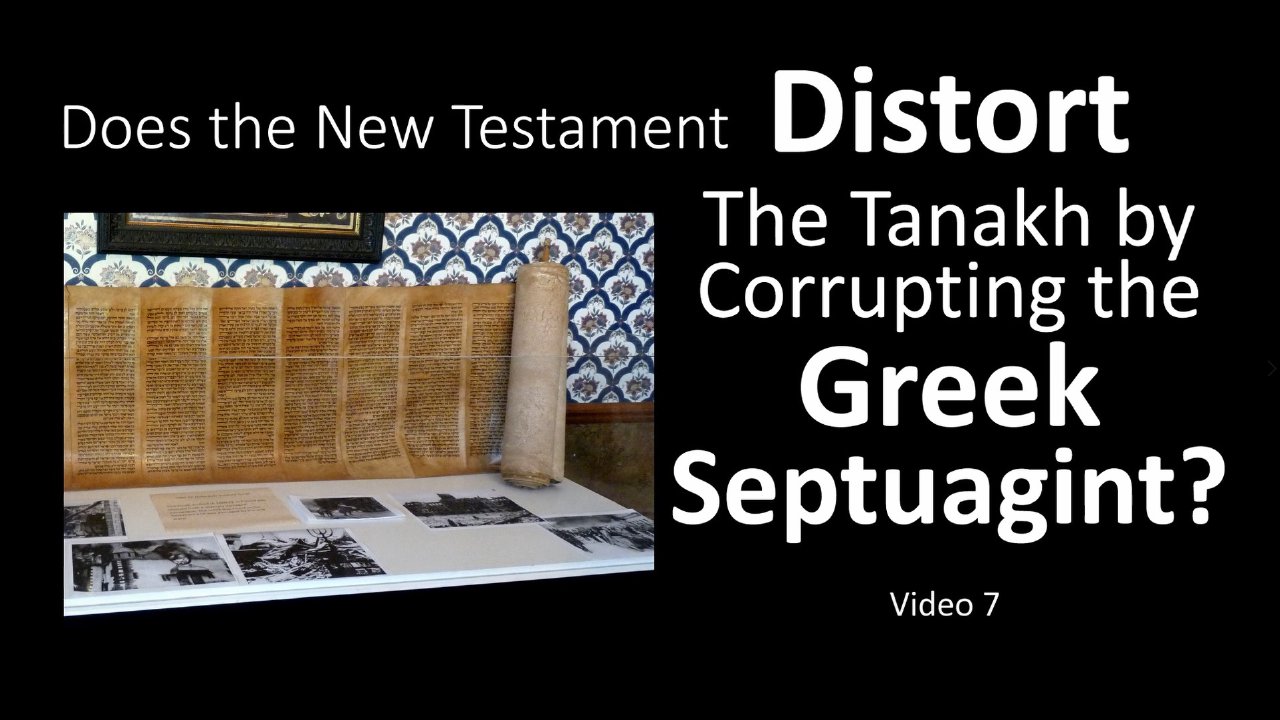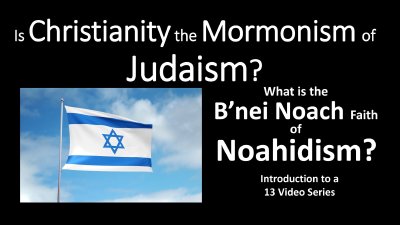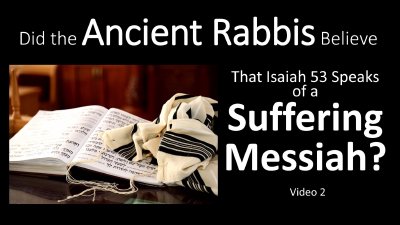When comparing passages of the Hebrew Old Testament Jewish Bible that we posses today with the direct quotations of these texts found in the New Testament, notable textual differences can be seen. Despite the evidence that the message found in the manuscripts of both the Old and New Testaments have been preserved regardless of textual variations, Jewish rabbis assert that these variations found in the New Testament's quotations of the Old Testament (Jewish Bible, Tanakh) were deceptively added to the Greek translation of the Old Testament (Septuagint) in order to distort the Old Testament's message and point to Yeshua (Jesus Christ) as being the true Messiah.
While Jewish rabbis claim that these differences are the result of Christian corruption to the text of the Jewish Hebrew Bible, biblical scholars note that these differences agree with the Greek Septuagint Bible of the early Christian church which was completed by Jewish translators prior to the first century. Since the Septuagint serves as the bases of 75-90% of the New Testament's citations of the Old Testament, many Christian scholars assert that these differences were either the result of Jewish translators interpolations to the text of the Septuagint or differences in the original Hebrew manuscripts utilized by the Jewish translators of the Septuagint and not the result of Christian distortion to the text of Scripture.

07 Does the New Testament Distort the Tanakh by Corrupting the Greek Septuagint?
Is the Greek Septuagint Corrupt?
Christina R Darlington






